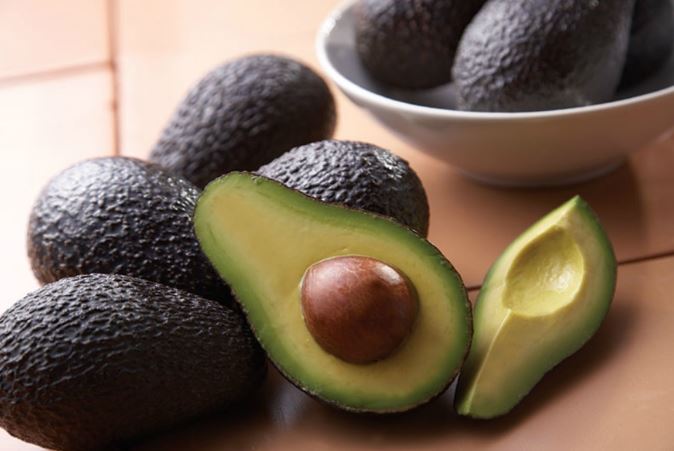×
The Standard e-Paper
Stay Informed, Even Offline

With Kenya having signed a trade deal to export avocados to China, here are requirements you must fulfill to be viable to export this fruit.
Since the signing of the trade agreement for Kenyan farmers to export hass avocados to China, most prospective farmers may be considering switching their current crops to avocado.